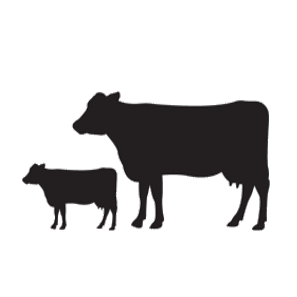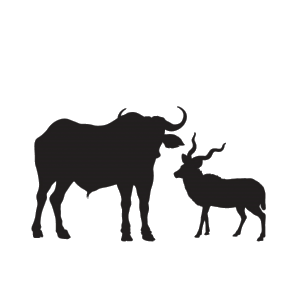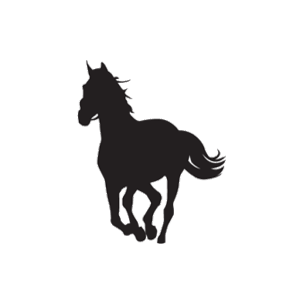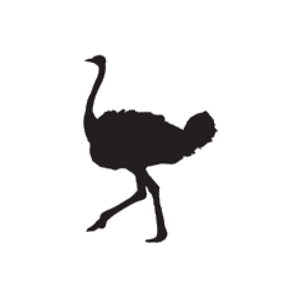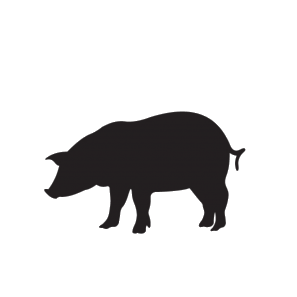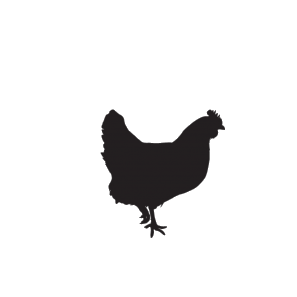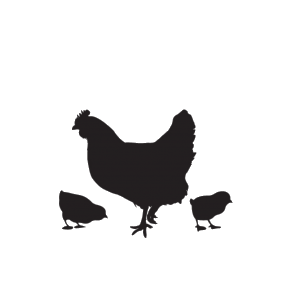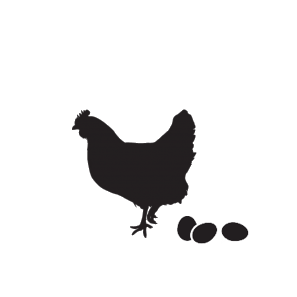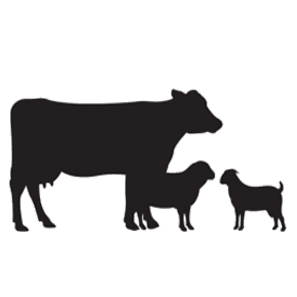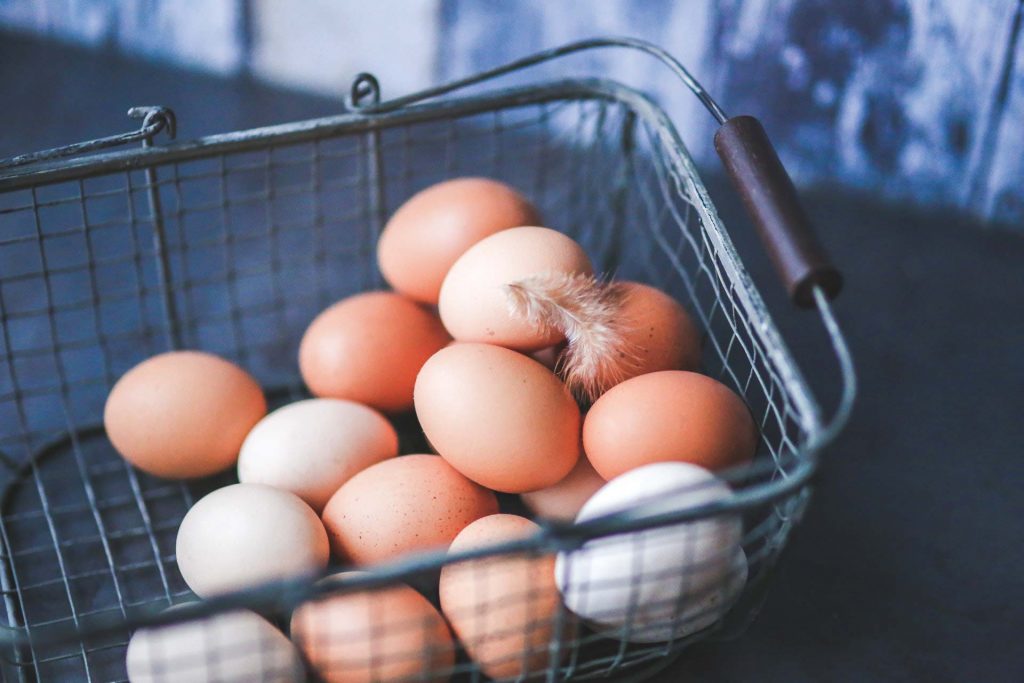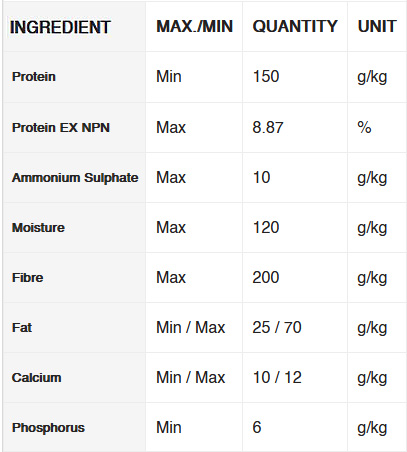We’ve set out to explain the terminology synonymous with the poultry world, that may not be part of common knowledge. So, let’s get scientific!
To start off with, we need to establish that the domestic chicken, gallus domesticus, can be bred for a number of uses. In South Africa, we focus mainly on broilers, broiler breeders and layers.
Broiler: A chicken bred specifically for its meat.
Broiler breeder: Broiler breeder farms specialise in parent stock, whose offspring are broilers. Broiler breeders themselves are not bred for their meat, but are selected for their superior characteristics, which can be passed on to their young.
Layers: These are hens bred specifically for their egg-laying abilities, and can also be referred to as “laying hens”.
Egg terminology:
Egg tooth/Chick tooth: The sharp end of a chick’s beak that breaks open the eggshell during hatching
Clutch: A group of eggs, usually referring to a group of eggs that are being brooded over
Pipping: The manner in which chicks peck at their eggs, instrumental to their hatching process
Incubator: A heating container that simulates the perfect environment for the embryos to grow
Turn: The manner in which incubated eggs are turned, so that the fertilised embryos do not stick to the side of the eggs.
Physiological terms:
Chick: A baby chicken
Straight-run chick: A chick that has not been sexed (separated in male and female groups)
Pullet: A young female chicken under 20 weeks of age
Hen: An adult female chicken over 20 weeks of age
Broody hen: A hen that shows interest in sitting on eggs to hatch chicks
Cockerel: A young male chicken under 20 weeks of age
Cock: A male over 20 weeks of age
Rooster: An adult male chicken
Bodily terminology:
Cloaca: The opening found in both male and female birds, through which faecal and urinary excretions are emptied. This is also the opening through which reproductive process takes place
Comb: The fleshy growth that grows from the top of a chicken’s head
Down: Very fine and soft feathers
Gizzard: The internal organ that acts as a “physical stomach”, by grinding and crushing feed
Wattle: The fleshy growth that hangs from under the chicken’s beak




